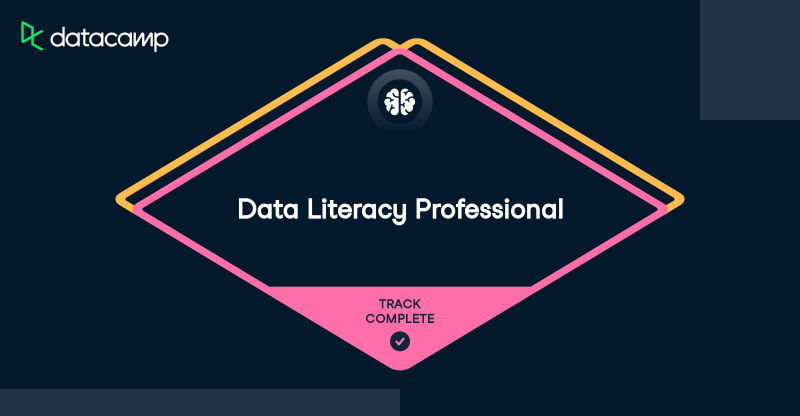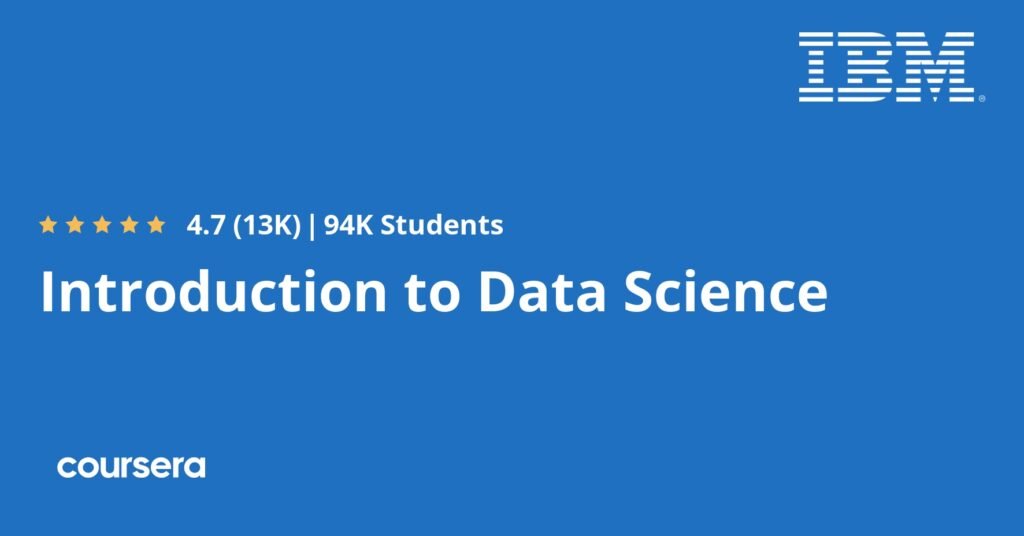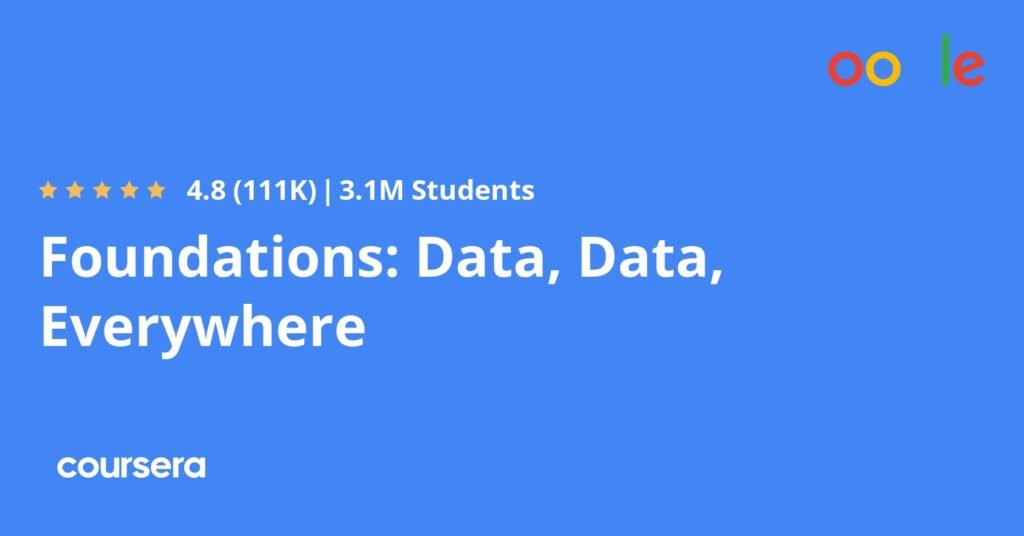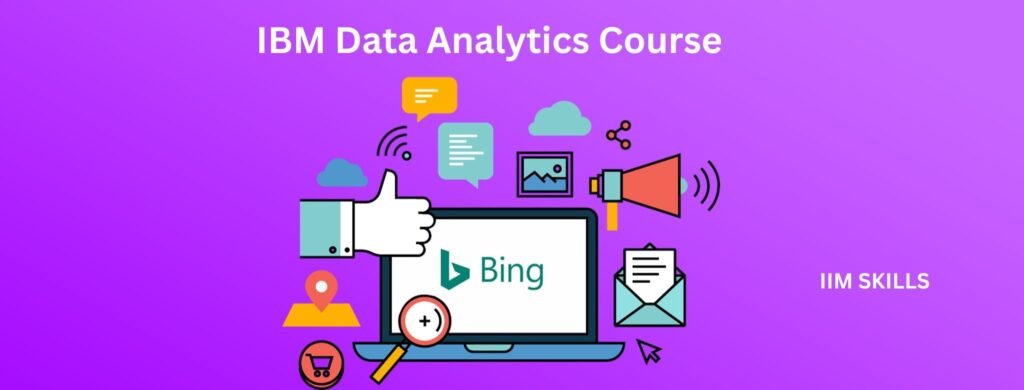
Top Data Science Courses for Beginners (No Coding Required)
Data science is one of the most exciting and in-demand fields today. From predicting trends to optimizing business strategies, data scientists play a crucial role in modern decision-making. But what if you’re curious about data science and don’t have a background in programming or statistics?
Good news: You don’t need to know how to code to get started. There are several beginner-friendly courses that teach the fundamentals of data science without requiring any prior technical experience.
Here are some of the top data science courses you can take right now — no coding required.
1. Data Science Literacy – DataCamp

Platform: DataCamp
Duration: Approximately 4 hours
What you’ll learn:
- What data science is and how it’s used
- Key roles in the field
- The lifecycle of a data science project
This course is a perfect starting point. It breaks down what data science is all about and introduces you to the tools, workflows, and concepts without diving into code. It’s ideal for beginners exploring the field for the first time.
Explore this course on DataCamp
2. Introduction to Data Science – IBM via Coursera

Platform: Coursera
Duration: 15 hours
What you’ll learn:
- The basics of data science
- Real-world applications across industries
- Data science tools and careers
Offered by IBM, this course provides a comprehensive introduction to the field. You’ll learn through videos, readings, and quizzes, and it’s structured for total beginners. No technical background is needed to follow along.
3. Data Science for Everyone – DataCamp

Platform: DataCamp
Duration: Approximately 2 hours
What you’ll learn:
- Key principles of data science
- Types of data and basic analysis techniques
- How businesses use data to make decisions
This is a non-technical course that uses real-life examples and interactive exercises to teach data science concepts. It’s designed to be accessible to people in all kinds of roles—from marketing to operations.
4. Foundations: Data, Data, Everywhere – Google via Coursera

Platform: Coursera
Duration: Around 20 hours
What you’ll learn:
- Understanding data in business
- Data types and data structures
- Analytical thinking and decision-making
This course is part of Google’s Data Analytics Professional Certificate. It’s designed for complete beginners and focuses on data-driven decision-making rather than technical programming. A great intro for those in business, marketing, HR, or operations.
5. Introduction to Data Analytics – IBM via edX

Platform: edX
Duration: 5–6 weeks (self-paced)
What you’ll learn:
- How to identify data trends
- Tools like Excel and Cognos Analytics
- Data visualization and storytelling basics
This course focuses on using data to make business decisions and communicate insights. It’s beginner-friendly, business-focused, and doesn’t require any prior knowledge of coding or analytics tools.
6. Excel Skills for Data Analytics – Coursera (Macquarie University)
Platform: Coursera
Duration: Self-paced
What you’ll learn:
- Using Excel for data analysis
- Creating dashboards and data visualizations
- Common data functions and formulas
Excel remains one of the most-used tools in data analysis. This course is a great way to build confidence working with data, especially for professionals in business, finance, or administration.
7. Statistics and Data Science MicroMasters – MIT via edX (Audit Track)
Platform: edX
Duration: Varies by course
What you’ll learn:
- Data analysis and visualization concepts
- Basic statistics and probability
- Foundations of data science
While the full MicroMasters program is advanced, many of the individual courses in the series can be audited for free and offer a conceptual (non-coding) introduction to data science. It’s a great stepping stone for those considering a deeper dive later.
Final Thoughts
You don’t have to be a programmer to break into data science. These beginner courses offer a gateway into one of the most promising careers today—no Python, R, or SQL required. Whether you’re looking to switch careers or just understand data better in your current role, there’s a path for you.
Start with what interests you most, build your foundation, and when you’re ready, you can always learn the technical skills later.
Need help choosing the right course for your goals? Let me know and I’ll help you pick the best fit.
